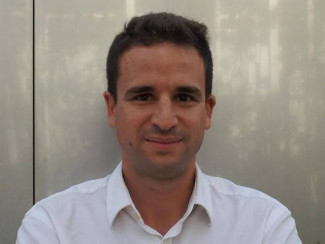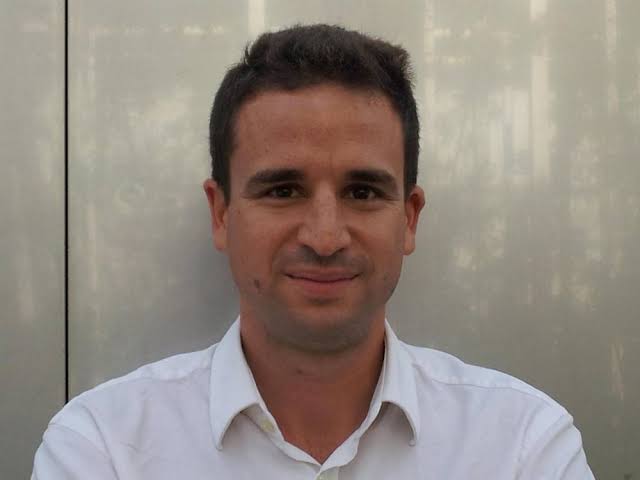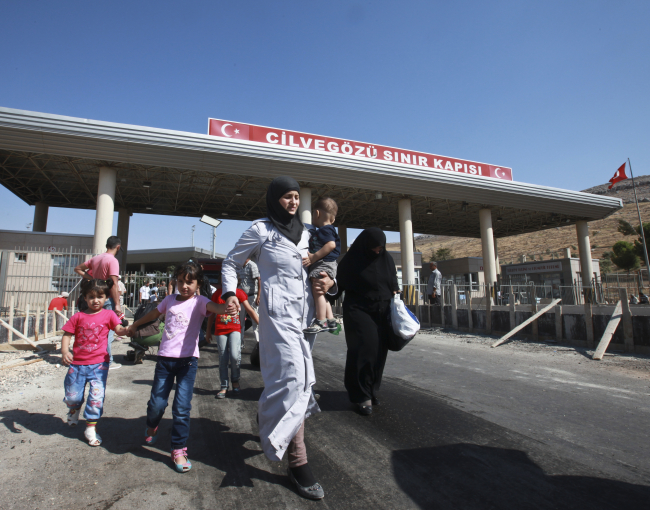The Russian-Iran Partnership in a Multipolar World
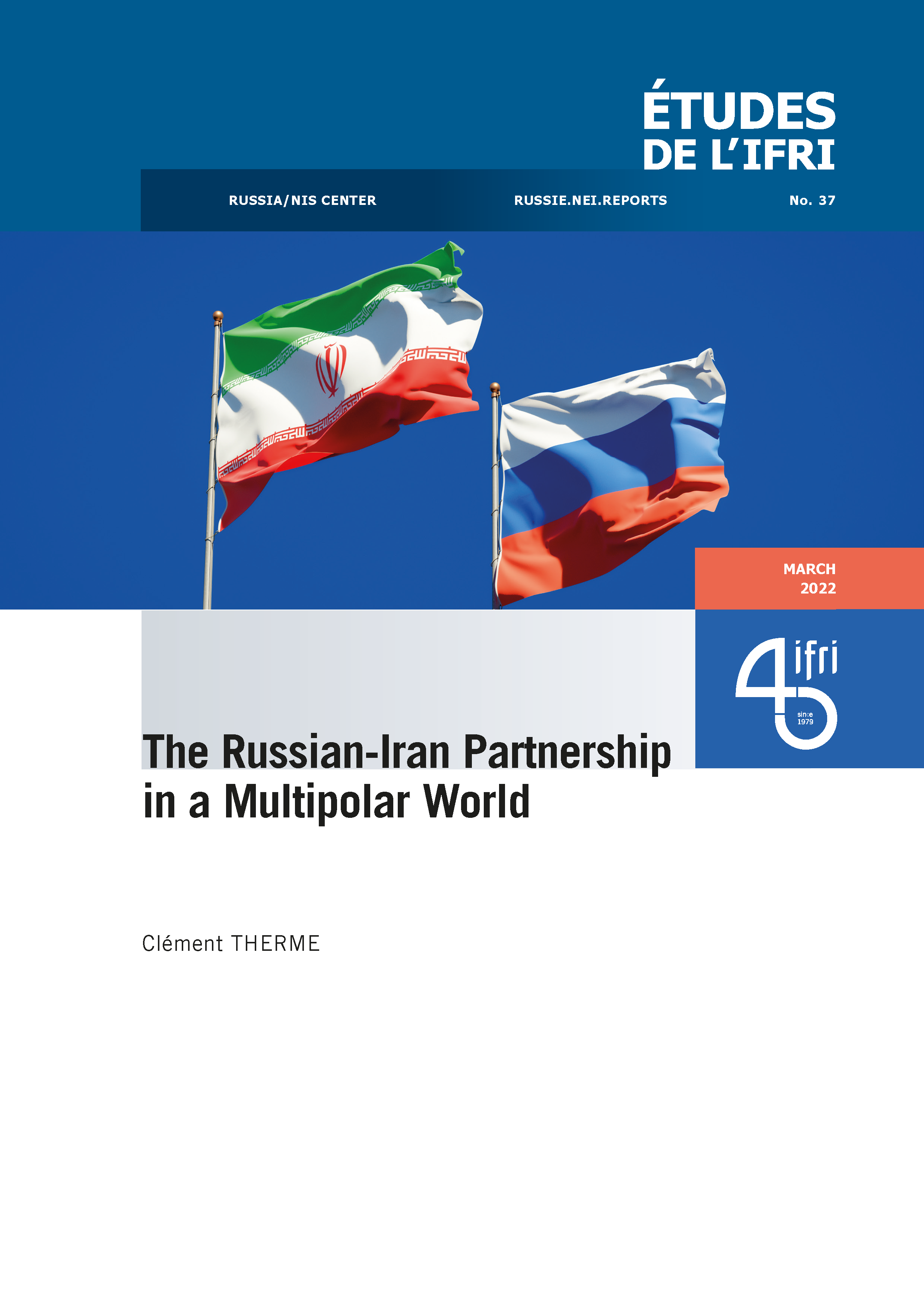
The strengthening of the partnership between Russia and Iran depends on overlapping security interests; bilaterally, regionally and on the world stage.
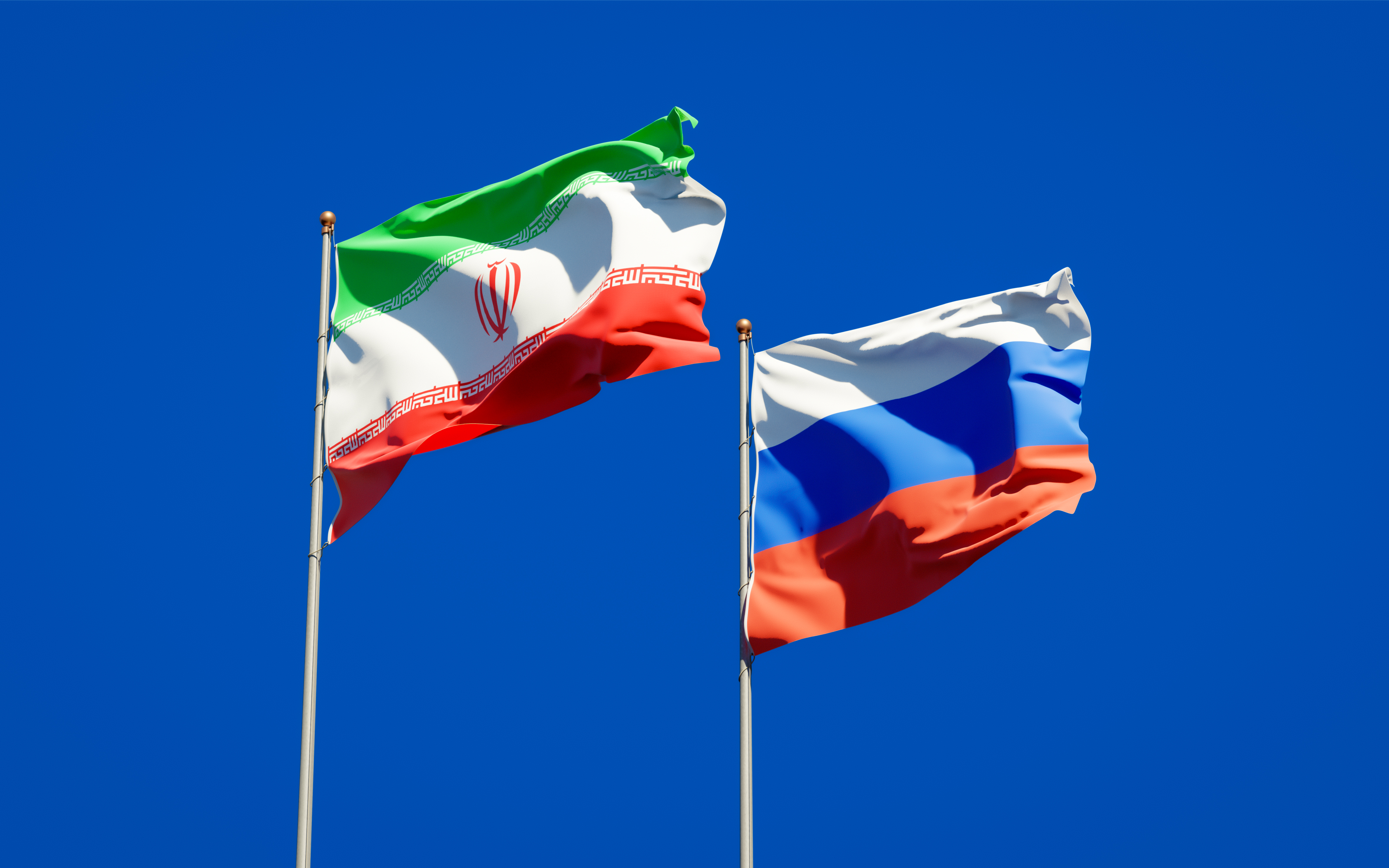
Tehran has pursued a regional policy program that is largely in line with Russia’s interests, whether these relate to Syria (from 2011), the Caucasus, Central Asia, or Afghanistan (since 1991).
This security dimension was already one of the foundations of the bilateral relationship in the post-Cold War-period. It has now appeared in regional dealings between Tehran and Moscow. In addition, the decline of US international predominance, which has been apparent since the 2000s, has allowed Russia and Iran to develop a shared ideological discourse in opposition to “Western values”.
Beyond this shared ideological basis, Tehran has developed a true “Realpolitik” whereby it relies on Russian foreign policy to relieve US pressure on Iran that is aimed at regime change or, at the very least, a change in the behavior of the Islamic Republic. In other words, in seeking to preserve intact the main ideological tenets of its regime, Tehran has added a new dimension to its relationship with Moscow.
Since 1991, this relationship has become a matter of survival for a regime that faces both popular opposition at home and external pressure from Washington: pressure that increased during the Trump administration of 2017-2021.
Clément Therme is an Associate Researcher at the European University Institute in Florence and an Associate Member of the Centre for Turkish, Ottoman, Balkan, and Central Asian Studies (CETOBAC) at the School for Advanced Studies in the Social Sciences (EHESS).
This content is available in French: Le partenariat russo-iranien. Une entente conjoncturelle aux accents sécuritaires
Download the full analysis
This page contains only a summary of our work. If you would like to have access to all the information from our research on the subject, you can download the full version in PDF format.
The Russian-Iran Partnership in a Multipolar World
Related centers and programs
Discover our other research centers and programsFind out more
Discover all our analysesRussia, the Palestinians and Gaza: Adjustments after October 7th
The Soviet Union (USSR), and subsequently the Russian Federation as its internationally recognized legal successor, has consistently sought to play a visible role in efforts to resolve the Israeli-Palestinian conflict.
Canada’s Recognition of a Palestinian State: What Consequences on its Foreign Policy Toward Palestine?
On September 21, 2025, Canada became the 148th of 157 countries to recognize Palestine as a state. It did this with the United Kingdom (UK) and Australia, defying the United States (US) and Israeli opposition.
How to Jumpstart Economic Recovery in Syria? The role of syrian entrepreneurs in Turkey
This report examines the potential role of Syrian-partnered companies operating in Türkiye in supporting economic recovery and reconstruction efforts in Syria. Based on data collected through field research and surveys conducted by the Economic Policy Research Foundation of Türkiye (TEPAV), the report provides an overview of the business characteristics, sectoral distribution, and cross-border economic activities of Syrian entrepreneurs. The report explores how this business activity could contribute to restoring supply chains, stimulating local production, and generating employment.
Indonesia and the Palestinian Cause
During his inaugural presidential speech on October 20, 2024, Indonesia’s incumbent president, Prabowo Subianto, iterated certain principles central to the philosophical foundation of the Indonesian nation. He noted Indonesia’s longstanding foreign policy of non-alignment or “bebas dan aktif” (free and active) and its aversion to military pacts.







